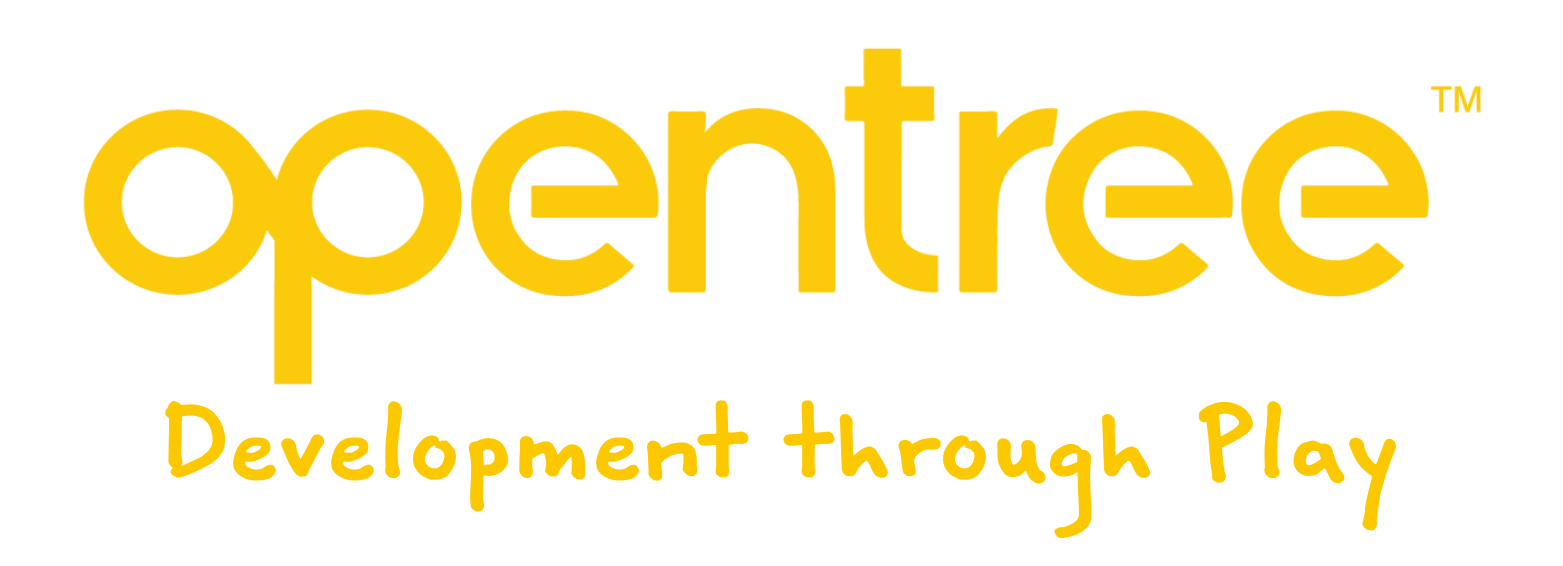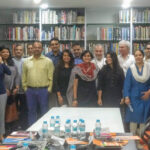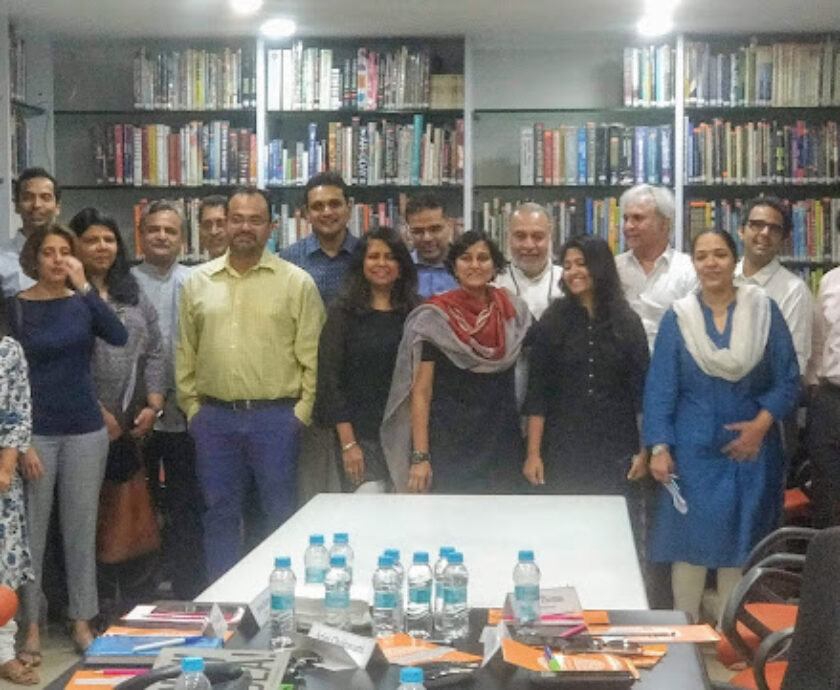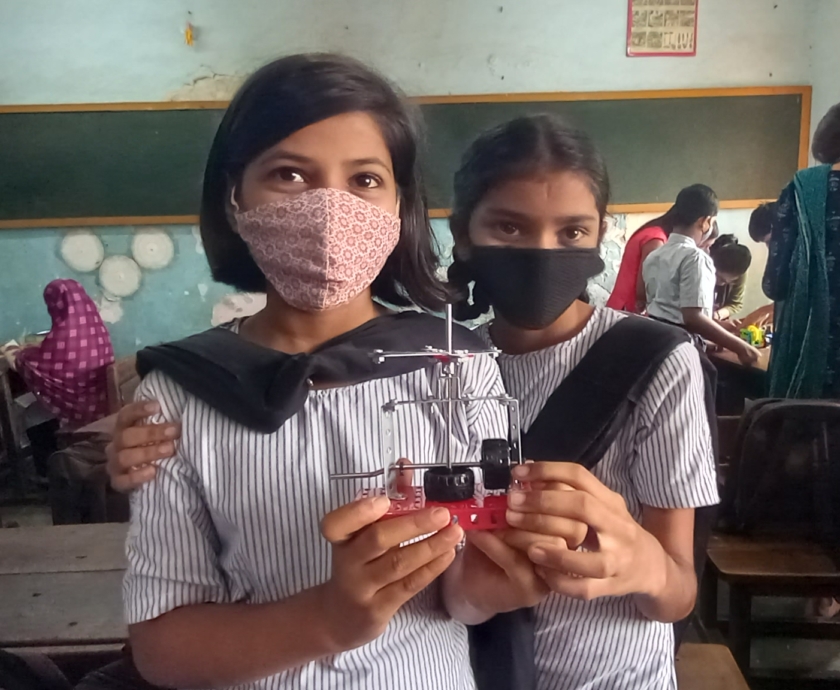In a research conducted by The Opentree Foundation under the Toybank project between 2017 and 2020, it was found that Toybank’s Play2Learn programme led to 10x increase in curiosity levels of children, 5x increase in honesty levels, and 2x increase in attention span.
At Toybank, we adopt the Conscious Play™ approach to enable children from vulnerable communities to alleviate stress, build resilience and overcome probable adversity. Across 585 Play2Learn centres in 12 districts across Maharashtra, India, we provide safe spaces to over 75,000 at-risk children to be on track with their mental well-being, as well as socio-emotional and cognitive development.
In early 2017, Toybank’s Play2Learn programme commenced in 13 Maharashtra Housing Board (MHB) schools at the informal settlements in Malwani, Mumbai, India. Children at MHB, growing up in challenging circumstances, needed to be equipped beyond a basic checklist of development and success. Our Conscious Play™ approach taught children to adapt, take risks, develop skills, explore alternatives, share and co-exist with each other.
Through a baseline, midline and endline study over the course of three years, we conducted an impact study of its Play2Learn programme and tracked five key behavioural characteristics of children in these centres. This was done with a pre-designed, semi-structured questionnaires, which was used to conduct in-depth interviews with 64 teachers (Class 1 to 8) in MHB, who represented 1,927 children.
The study showed our Play2Learn programme’s impact on 5 key behavioural characteristics:
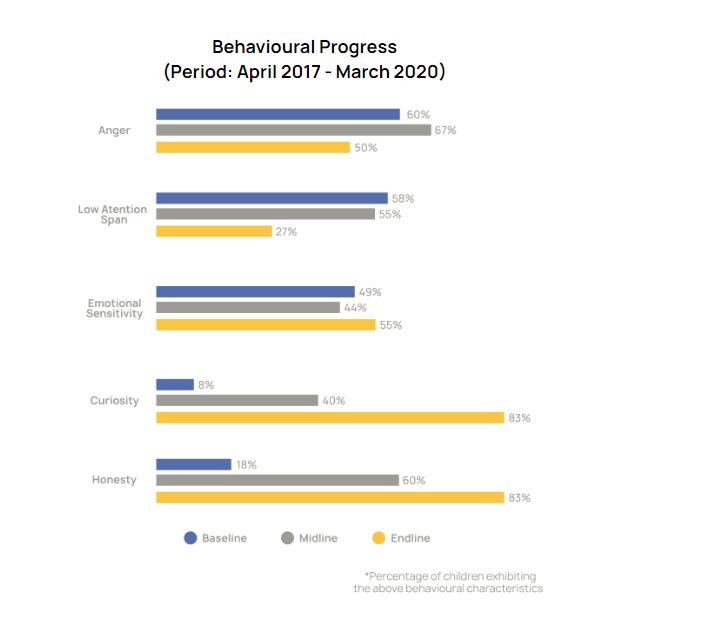
Rise in curiosity levels
The circumstances Malwani’s children grow up in hamper their drive for exploration and learning. With the set-up of Toybank’s Play2Learn Centers, these children had age and developmentally appropriate learning experiences that gave an outlet to their curiosity. Through our ‘Habit Formation’ module, they were encouraged to rise above difficulties and face the challenges. In the early days of our intervention, these children would avoid alphabetical, numerical and strategic games. Their confidence was boosted in our Play2Learn programme sessions, where they shed their inhibitions and explored challenging games with curiosity.
Increase in honesty levels
We interviewed teachers about whether children took ownership of their actions (accepting mistakes, taking queries to teachers without hesitation, trusting peers and teachers). Before our interventions, the classrooms witnessed instances of bullying, teasing and intolerance. Children didn’t trust their peers, let alone seek refuge in teachers, whom they feared and never bonded with. But once our programme made playtime an essential part of their schedule, they started playing in mixed groups and have more empathy for each other. The ‘Habit Formation’ module taught them positive ways of living with others. Teachers became children while playing with them and gradually students opened up to them as well.
Decrease in anger and aggressive behaviour
Difficult circumstances cause distress in children’s personal lives and academics, affecting their relationships with their classmates and impeding their opportunities to learn. Along with our Play2Learn programme session rules of taking turns, patience, negotiation and problem solving, as well as the Anger Management module where children learn to cope with anger, jealousy and other such emotions, the children sstarted to exhibit more kindness and respect than they already did in their circles. They now channeled and practised these good habits with everyone.
Decrease in hyperactive tendencies and distractions/Increase in focus and attention
With the introduction of our play interventions, children were more interested in learning. They gradually learned to wait, play step-by-step, listened and followed instructions attentively. Alongside the games, ice-breakers like ‘Orange-Lemon-Banana’, ‘Traffic Signal’, ‘Clap activities’, etc. taught them self-control, listening skills, ways to be calm and avoid distractions.
Increase in emotional sensitivity
The multiplayer feature of many of our games ensured children played with each other and made friends, became empathetic and sensitive towards each other. Many activities such as ‘Just like me’ have made children aware that we all face challenges in life and that they aren’t alone. They can talk about it to their friends or a trusted person and find a whole array of solutions to cope with these emotions and recover their positivity.
Current practices in classrooms constrain a child’s intrinsic need to learn (curiosity), paving way for boredom, absenteeism, and disinterest in learning (lack of attention). Children may retort to temper tantrums (aggressive behaviour) because of emotional reasons, like not being able to cope with or describe their feelings. Making children more reflective (honest) of their actions individually and how they can affect others (emotional sensitivity) is the need of the hour. Through Toybank’s Conscious Play™ approach at MHB schools, children continue to learn to adapt, take risks, develop skills, explore alternatives, and share and co-exist with each other. These skills will not only help them navigate through adversities and successes that come their way today but will also prepare them for future endeavours.
– SHWETA CHARI, CO-FOUNDER AND CEO, THE OPENTREE FOUNDATION
Source: 3-year impact study in Malwani, informal settlements in Mumbai, India by The Opentree Foundation in April 2017 – March 2020.

